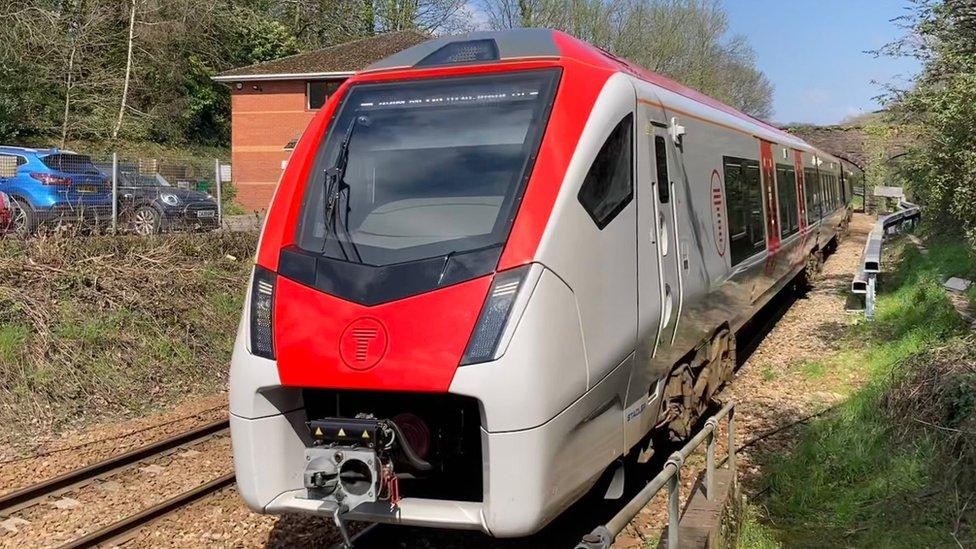Wales' public transport priorities all wrong, expert says
- Published
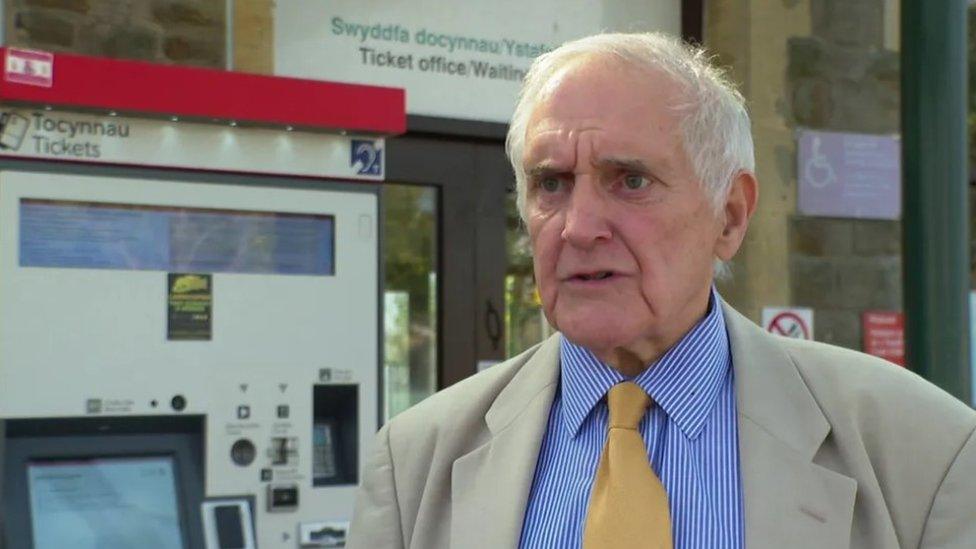
Transport expert Prof Stuart Cole wants to see bus and rail services better joined up and a joint travel card introduced
The Welsh government has got its priorities wrong over public transport, an expert has said.
Ministers should have improved bus and train services before reducing speeds from 30mph to 20mph on many Welsh roads, said Stuart Cole, Emeritus Professor at University of South Wales.
He said public transport facilities should have been "put in before any other anti-motorist legislation".
The Welsh government said current arrangements were complex across Wales.
But Prof Cole said the Welsh government had "gone about it the wrong way round" although "what they've done is not in itself a bad idea".
He said he wanted to see Wales emulate the Netherlands, where there's been massive investment in trains and buses to entice motorists out of their cars.
The country has a "rover" travel card - in place since 2007 - which allows people to use buses, trams and trains on the same ticket.
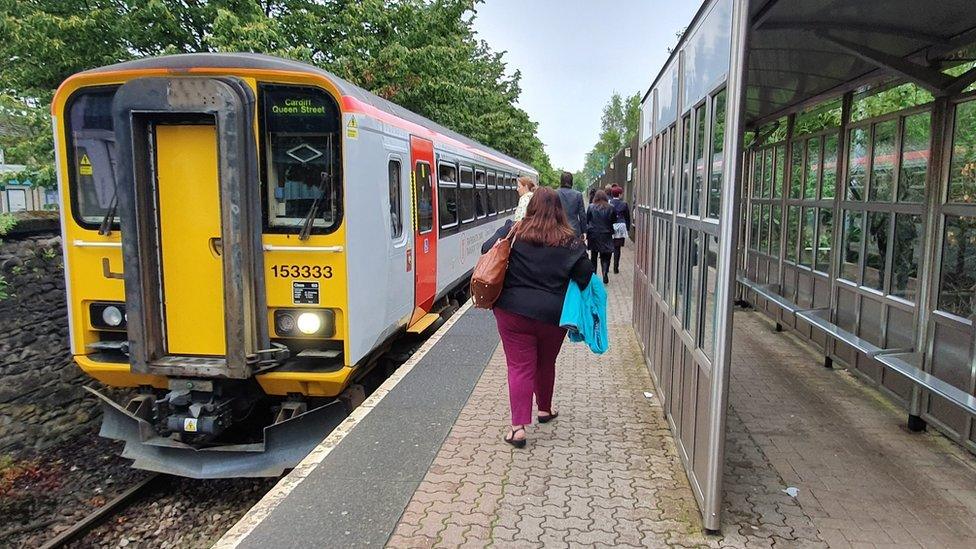
Prof Stuart Cole: "Make sure the timetables integrate so that you can, in fact, come by bus to the railway station"
Prof Cole said Wales' over 60s bus pass, external could provide the basis for creating such a travel card for wider use here.
"It could be a stored value ticket, so you charge it up every so often... so no different to the London Transport scheme, external," he told BBC Politics Wales.
"You can do it also on your phone but just make that bit of it easy.
"And then make sure the timetables integrate so that you can, in fact, come by bus to the railway station."
Llanelli, in Carmarthenshire, which happens to be Transport Minister Lee Waters' constituency, is a good example of how buses and trains are not integrated.
The bus station is a mile away from the train station, and there are no buses linking the two.
In fact there are no buses at all from the railway station.
The Welsh Conservatives would also like to see a national rover card.
Transport spokeswoman Natasha Asghar MS said she favoured fares being capped as they have in Manchester, at £2 for an adult per journey and £1 for a child.
"It would be wonderful," she said.
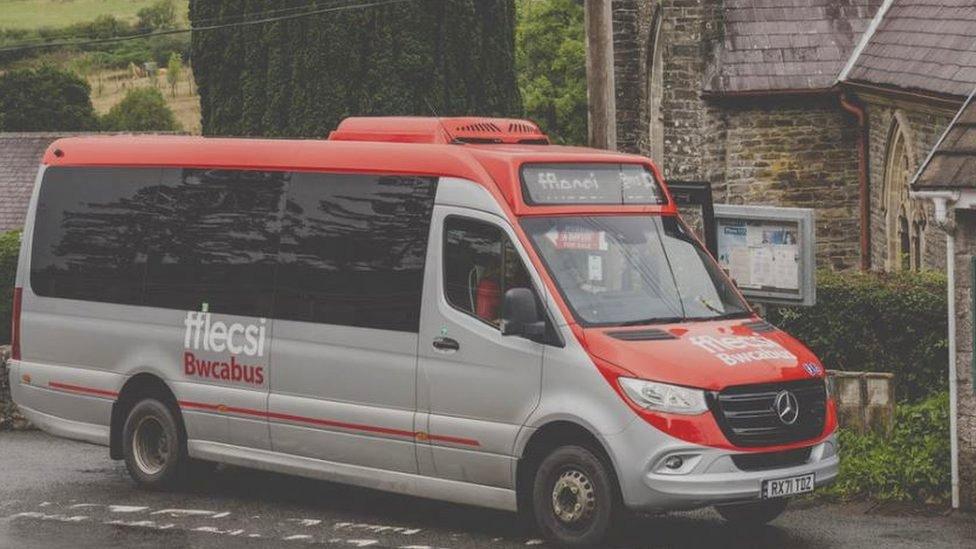
A grant funding Bwcabus service ended in June
It's estimated that almost 10% of bus routes have been axed this summer in Wales over funding issues.
The Bwcabus scheme, which had been running in west wales for 14 years, ended in October without money to subsidise it.
But Plaid Cymru transport spokeswoman Delyth Jewell MS said it could be brought back if all transport policy was devolved in Wales and "if the funding system that we actually have in Wales was fair".
What does the Welsh government say?
The Welsh government said it had "engaged with a range of public transport representatives" while developing its 20mph policy.
However, it had "since received reports from bus industry representatives about some adverse impacts on services".
"We have committed to working with them at pace to examine the data they are gathering and to explore solutions," it said.
Regarding bus transport, it said it had "looked at a range of options to make bus travel easier and more accessible for all in the community by simplifying the fares and ticketing system".
It said "current arrangements are very complex and inconsistent across Wales".
"We have been faced with a challenging funding settlement from the UK government and have had to prioritise our bus funding to ensure essential bus services are maintained for communities as part of our Bus Transition Fund.
"We are very keen to progress our bus fare initiatives as soon as the funding position improves."
- Published28 November 2023
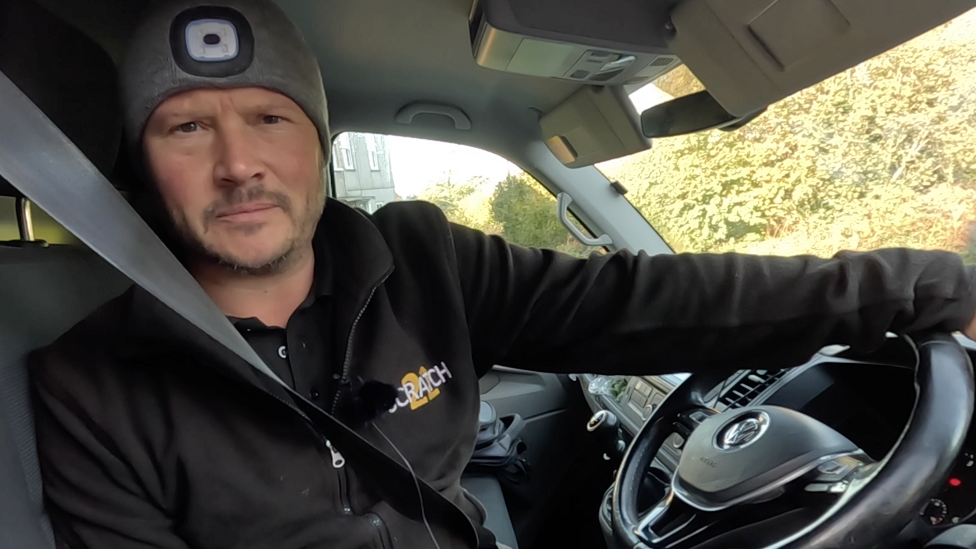
- Published17 October 2023
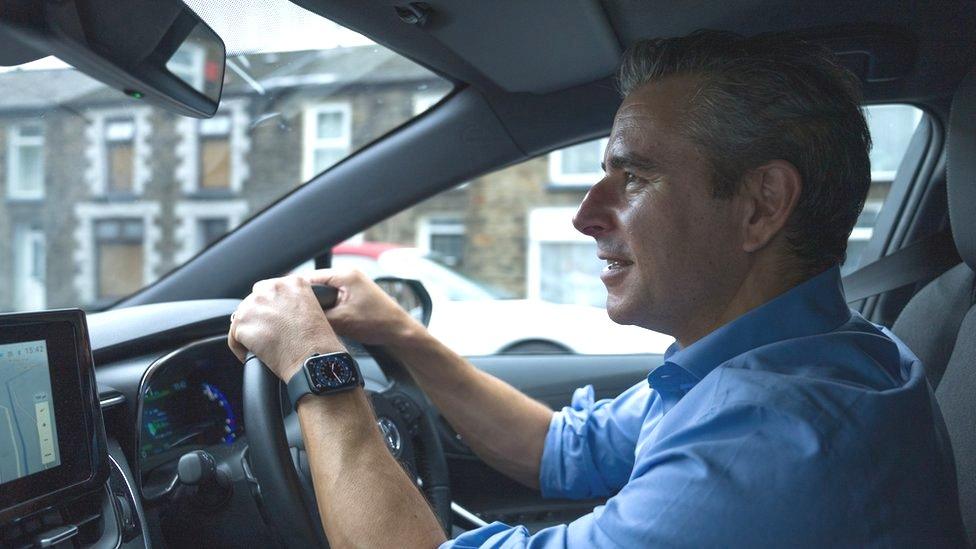
- Published21 September 2023
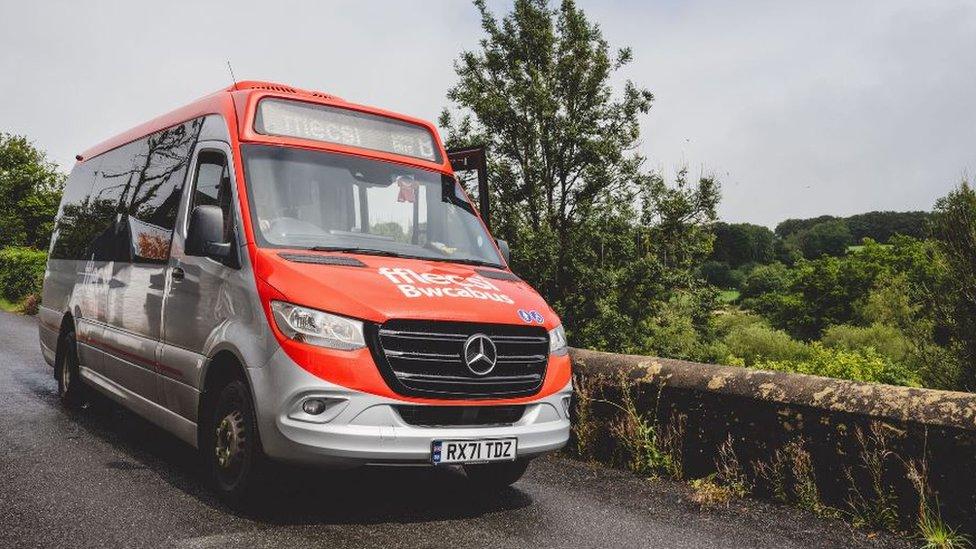
- Published21 August 2023
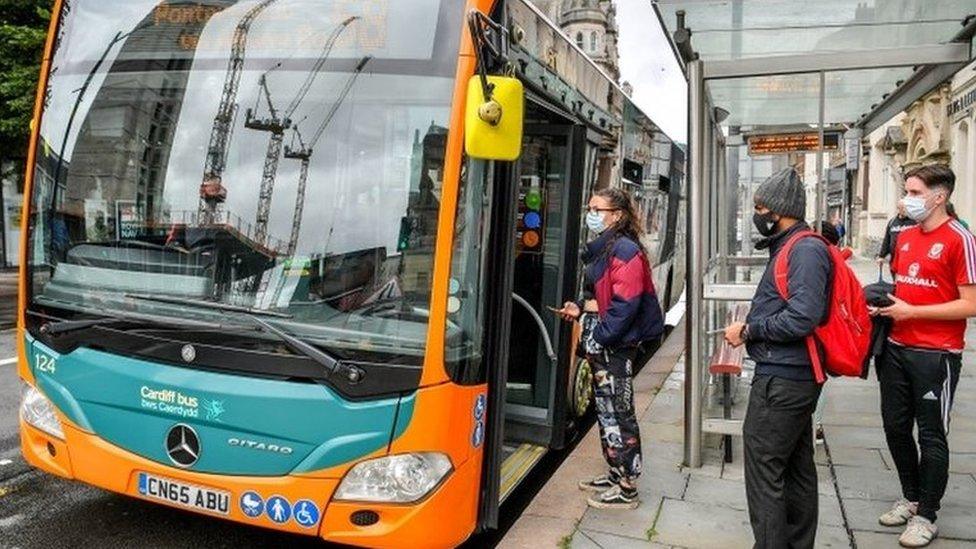
- Published20 April 2023
